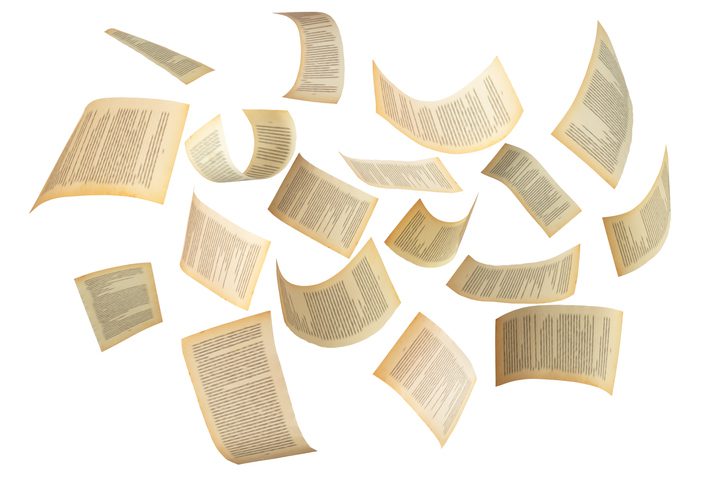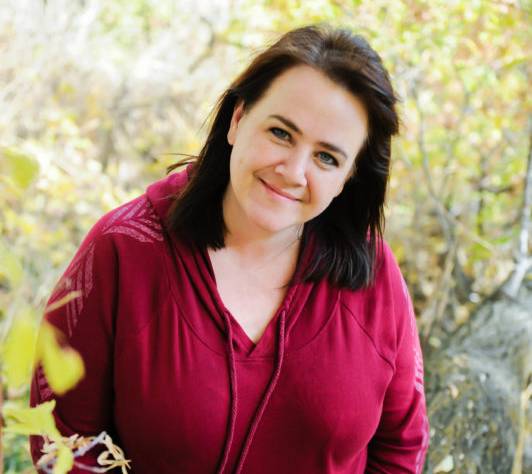When writing a book or even a shorter length piece like an essay it is useful to consider working with an editor. But where to begin? There are so many options out there and the cost can be quite prohibitive. There are other questions to consider too. What does an editor do? How do I find the right one for my work? When researching for a good editor it helps to know what you need as there are several different types of editing that can be offered, and the pricing varies widely.
Why do I need an editor?
Do you need a fresh pair of eyes on the document?
You may be looking for a beta reader. For many writers, they just need a pair of fresh eyes on their work and for that finding a good beta reader is a great solution. Twitter is a great resource for this, especially when you are willing to be a beta reader for someone else. There are many writers who are looking for beta readers and offering your services as a beta reader is a good way to make connections and receive reciprocal support from others.
Do you want someone to do a close-up edit?
You may need a line editor. A line editor will go over the manuscript sentence by sentence, looking for that word or phrase that doesn’t quite land, the way a sentence reads, the rhythms of the piece as well as punctuation and grammatical structure. A good line editor will help you polish your work until it positively shines.
Are you looking for a punctuation and grammar check?
You may need a proofreader. A good proofread is always a must even if you haven’t employed any other editing for your writing. Again, the fresh eyes of a professional proofreader will elevate the work, even if just to make it cleaner and more readable.
Do you want advice about structure, metaphor, other storytelling elements?
You many need a substantive editor. A substantive editor will critique your work in a way that allows you to see it from a broader perspective, helping you notice metaphors and analogies that don’t work, cliches, repeated material, and information that may be missing. A good substantive edit can help you see your weaknesses and strengths as a writer so you can work on improving the weaknesses and building upon the strengths. A substantive edit will also look at the chapter order of your book, the way the story unfolds and how it reads as a whole.
Are you looking for help with discovery, content, and organization?
You may be looking for a developmental editor. A good developmental editor can guide you through the process of discovery. What is the story you want to tell? What are the main components of that story? The developmental editor can ask the right questions to get you motivated to work on those early drafts. They can also help with organization of materials and talk you through the story elements. They are usually one of the first editors or writing coaches one might hire for help. If you find yourself overwhelmed and unable to focus your writing on a single clear direction, a developmental editor might be just the ticket for you. Researching them as writing coaches might give you more options too.
Can’t afford a human being? There are some pretty good writing aids that can help you with at least the most basic improvements you can make to a manuscript. Grammerly and ProWritingAid are two pretty good options that would be much cheaper than hiring a professional and they insight they provide is good enough that you can improve yourself as a writing just by using the apps. There are some great writing books out there as well if you’re more of a self-learner but there is no substitute for a real person and the dynamic and insightful feedback they can offer on any given piece of work.

Editors
